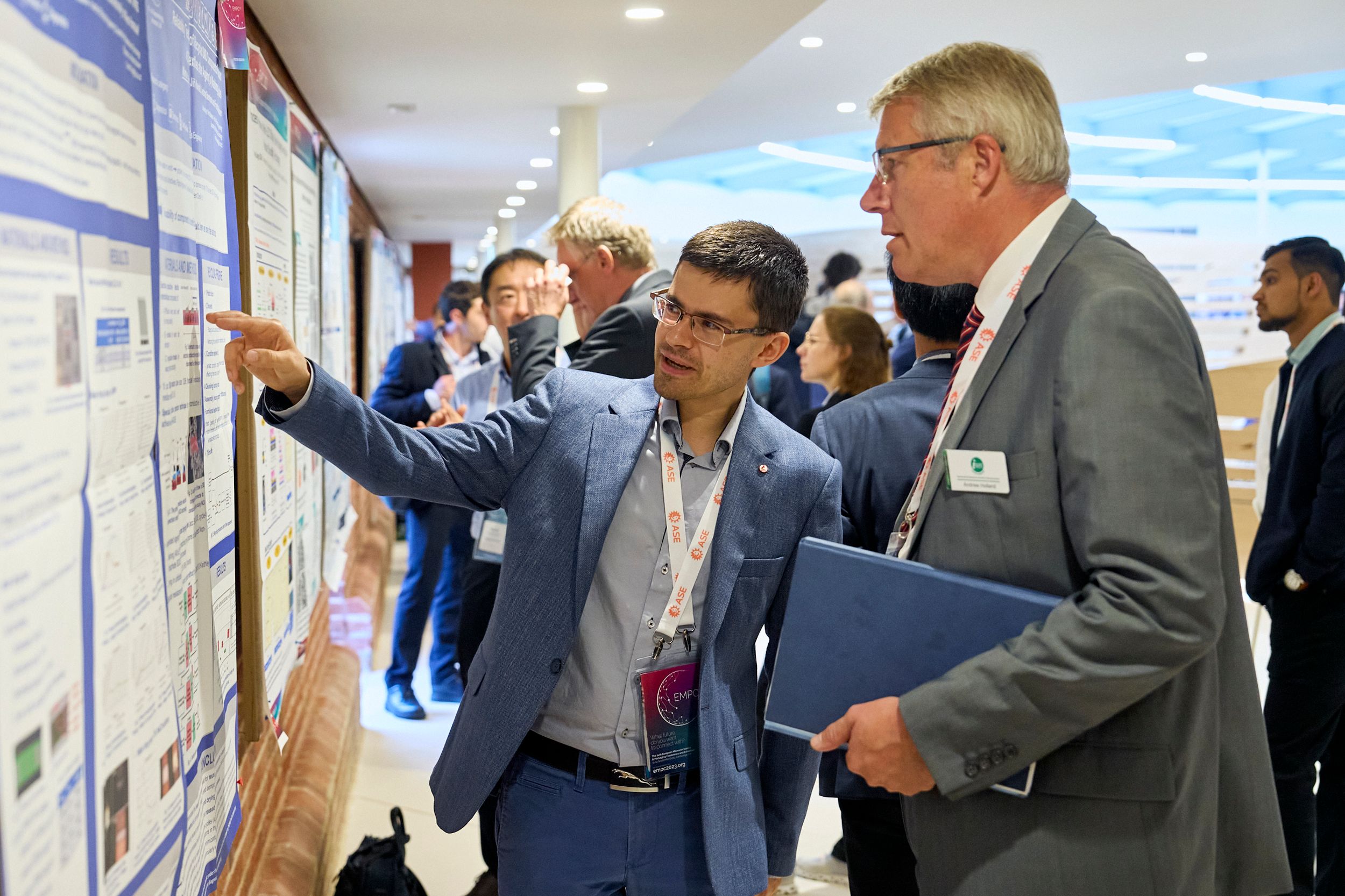Driving Innovation in Microelectronics Packaging - A Q&A with Steve Riches, IMAPS-UK

Q1. Tell me a bit about you; your role and responsibilities at IMAPS-UK, and a bit about what IMAPS-UK does.
Hi , I’m Steve Riches and I help organise the activities that IMAPS-UK undertakes on microelectronics assembly and packaging; including conferences, workshops and online training courses. IMAPS-UK is the UK chapter of the International Microelectronics Assembly and Packaging Society, a worldwide organisation that provides learning, networking and sourcing for personnel involved in electronics assembly.
Q2. What are the key opportunities and challenges your industry is facing right now, both from a technical and operational perspective - particularly in the field of microelectronics packaging, assembly, and interconnect technologies?
From a technical perspective, the continuing trend for increased functionality and complexity of semiconductor devices is driving a need to miniaturise assembly processes, whilst at the same time, heat generation from power devices used in EVs and AI is creating further challenges in thermal dissipation. From an organisational aspect, accessing advanced semiconductor packaging capabilities within the UK is a constant headache, particularly for high value and low volume applications which are representative of the UK microelectronics sector. The need to raise awareness of skills at an early age has been the focus of our charitable activities, where IMAPS-UK has supplied over 50 kits of electronics to Primary Schools and is involved in providing support to the UK Electronics Skills Foundation.
Q3. Which industries and sectors have the most potential for IMAPS-UK’s expertise in advanced packaging and interconnect solutions, and why?
Assembly and packaging of microelectronics is ubiquitous, all semiconductor devices need connections to the outside world. IMAPS-UK can provide advice and guidance to all sectors involved in the manufacture of electronic and photonic devices, ranging from consumer devices through to AI chips and power modules for electric vehicles.
Q4. What are the key emerging technologies and use cases you are betting on - especially where IMAPS-UK’s focus on microelectronics packaging innovation could be game-changing?
IMAPS-UK is a charity and uses its platform to ensure that members are up-to-speed with the latest advances in microelectronics packaging, such as heterogeneous integration, use of interposers and the development of electronics to operate in harsh environments. We host events covering photonics and power electronics packaging applications with state-of-the-art presentations from national and international speakers and arrange specific technical workshops involving experts from the field to provide learning experiences for attendees.
Q5. How important are events such as Microelectronics UK in helping bring businesses together?
The microelectronics industry in the UK is fragmented with most organisations operating in separate silos of expertise and little cross-fertilisation of knowledge. The Microelectronics UK exhibition does offer the opportunity to bring the whole community together in one event and raising awareness of the breadth of the sector.
Q6. What message are you hoping to get across at Microelectronics UK? What do you think the key topics of discussion will be on the show floor?
IMAPS-UK will be showcasing a spectrum of our Member organisations showing the range of activities covering materials, processing, equipment, testing and analysis involved in the microelectronics packaging supply chain. IMAPS-UK will be presenting information on our planned workshops and conferences for 2025 and 2026 to encourage attendees at Microelectronics UK to participate. We will also be promoting our online courses to assist in training and upskilling of people interested in learning more about microelectronics packaging.
Q7. Who is your business mentor (if any), and what is the biggest lesson you learned from them?
The IMAPS-UK Committee comprises of several experts in microelectronics packaging – they are always willing to help and are keen to raise awareness within the wider community. In terms of lessons learned, it is always worth consulting with people with experience rather than just relying on information trawled from the web.
Q8. What can we expect to see in terms of general roadmap from IMAPS-UK in the next 12 months?
In the next 12 months we will be focusing on running events relevant to advanced packaging of semiconductors and electronics for extreme environments. We will continue to provide workshops and practical training courses to introduce new people to many aspects of microelectronics packaging.
)
)